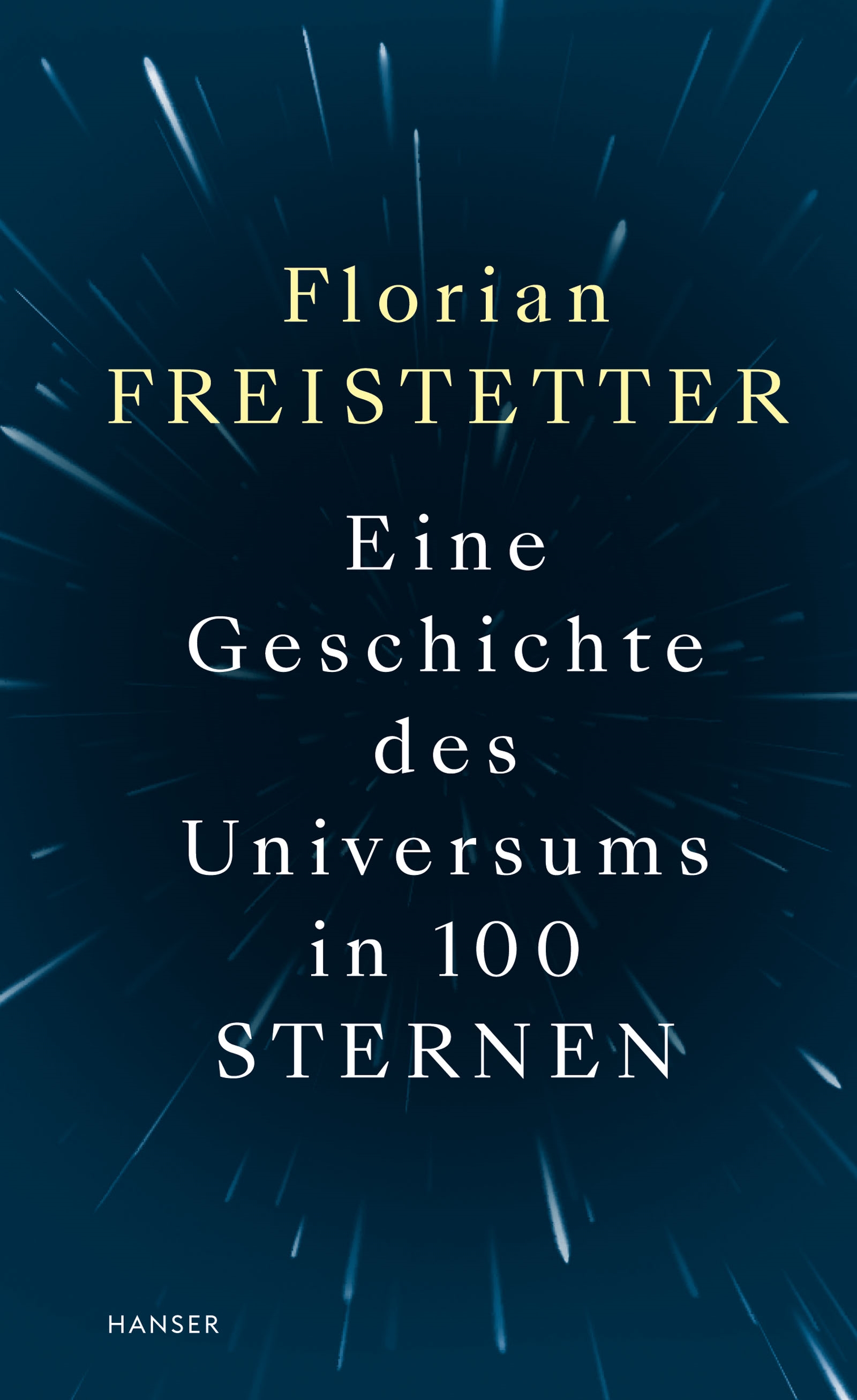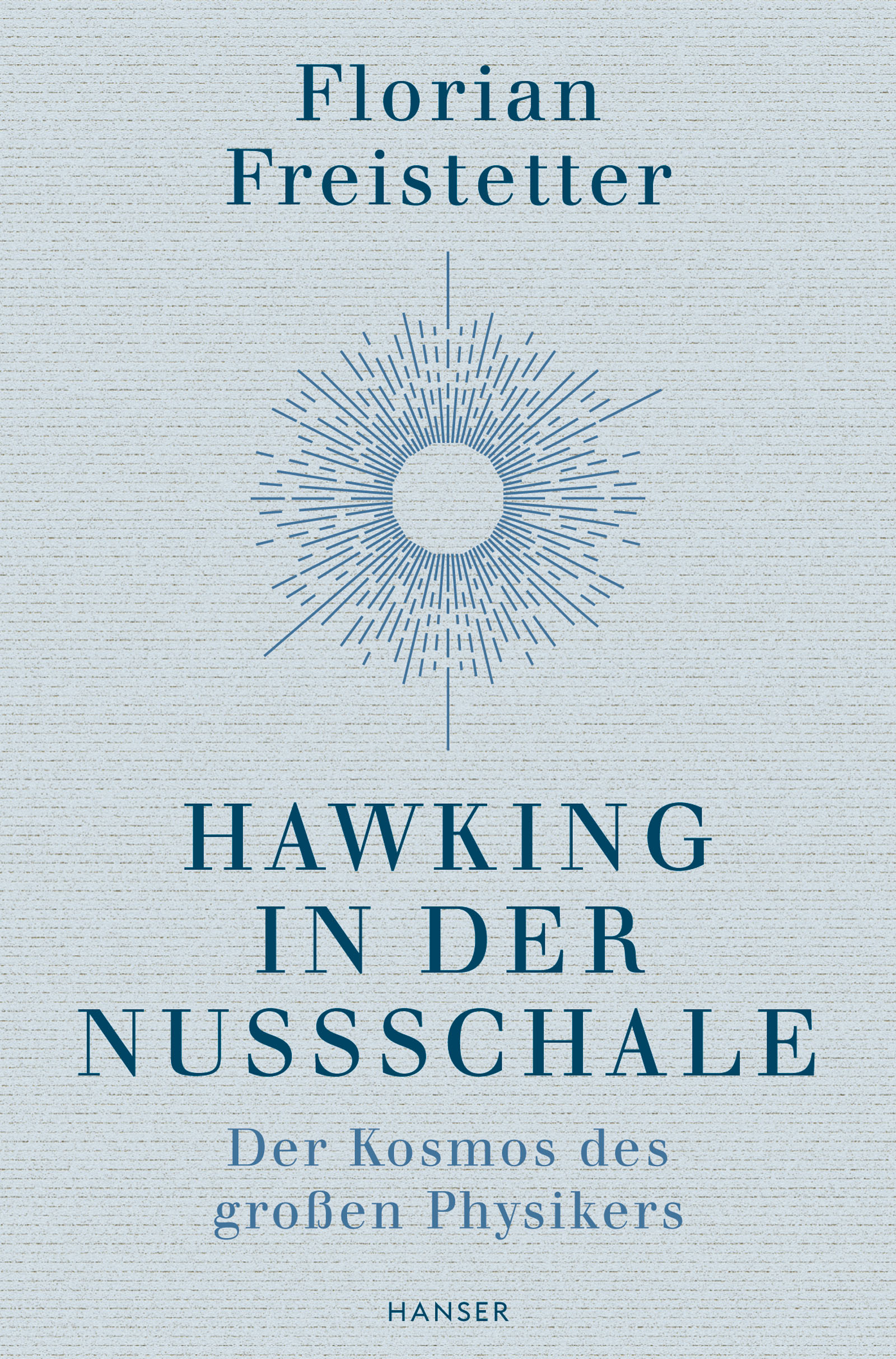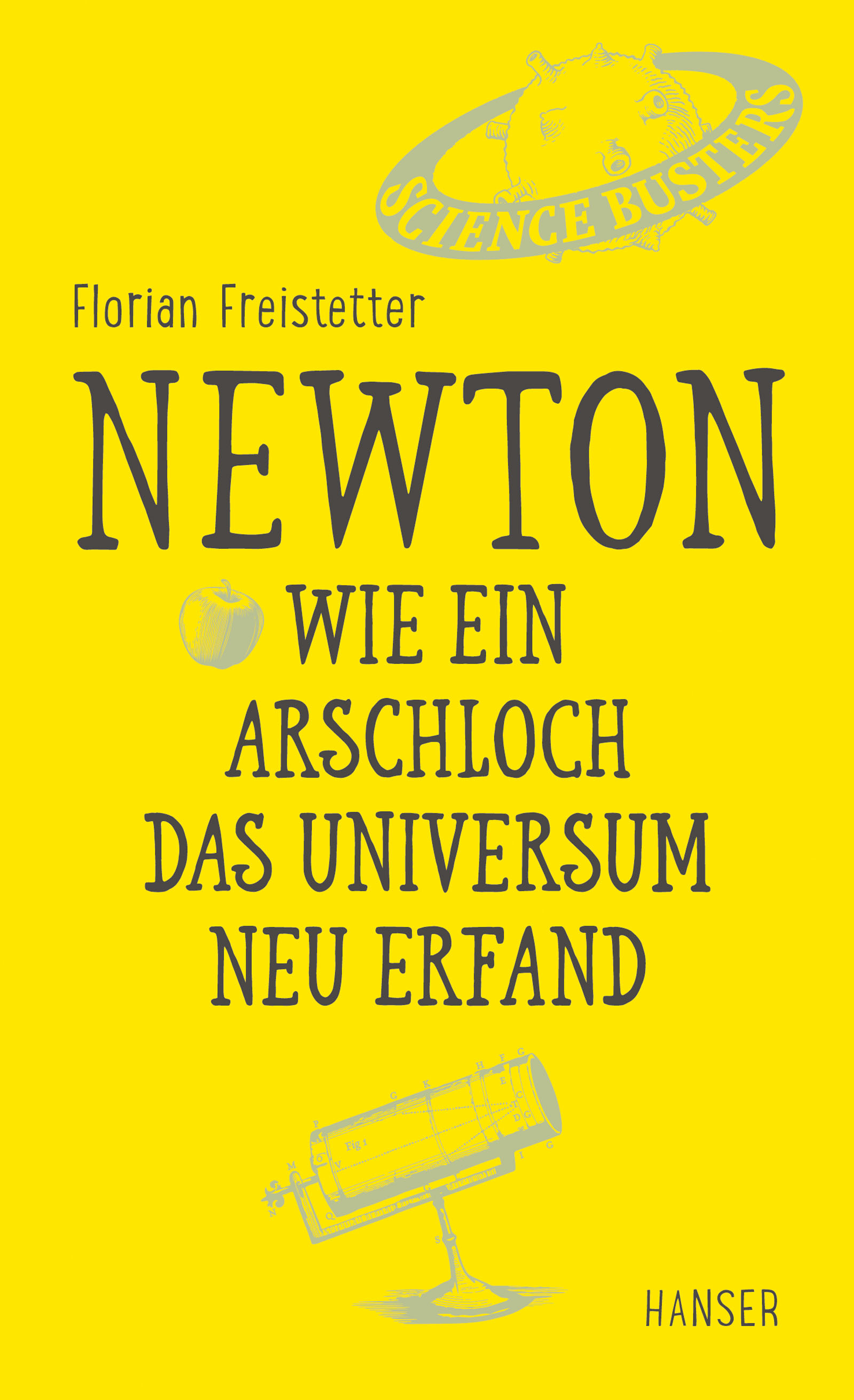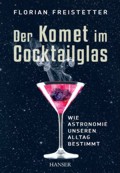[Das hier ist eine Rezension eines Kapitels des Buches “Der Drache in meiner Garage” von Carl Sagan. Links zu den Rezensionen der anderen Kapitel finden sich hier.]
Im zweiten Kapitel mit dem Titel “Science and Hope” erläutert Sagan weiter, warum Wissenschaft und deren Vermittlung so wichtig ist. Dabei spricht er auch von seiner ganz persönlichen Leidenschaft für die Wissenschaft die er schon als kleines Kind entwickelte. Sein Drang zur Wissensvermittlung folgt direkt daraus:
Popularizing science then follows naturally and immediately. Not explaining science seems to me perverse. When you’re in love you want to tell the world. This book is a personal statement, reflecting my lifelong love affair with science.
Aber nicht nur die persönliche Leidenschaft treibt Sagan dazu, den Menschen zu erklären, was Wissenschaft ist. Sondern auch die Gefahren, die entstehen, wenn die Menschen irgendwann keine Ahnung mehr von Wissenschaft haben:
I have a foreboding of an America in my childrens’s or grandchildren’s time – when the United States is a service and information economy; when nearly all key manufacturing industries have slipped away to other countries; when awesome technological powewrs are in the hands of a very few, and no one representing the public interest can even grasp the issues; when the people have lost the ability to set their own agendas or knowledgeably question those in authority; when, clutching our crystals and nervously consulting our horoscopes, our critical faculties decline, unable to distinguish between what feels good and what’s true, we slide, almost without noticing, back into superstition and darkness.
Sagan beschreibt den großen Widerspruch der modernen Welt. So gut wie alles in unserem Alltag basiert auf moderner Technologie und Wissenschaft. Aber immer weniger Menschen wissen wie die Dinge funktionieren und stehen der Wissenschaft geradezu feindlich gegenüber:
We have arranged a global civilization in which most crucial elements (…) profoundly depend on science and technology. We have also arrangend things so that almost no one understands science and technology. This is a prescription for disaster. We might get away with it for a while, but sooner or later this combustible mixture of ignorance and power is going to blow up in our faces.
Sagan erklärt nun, wo der Untertitel seines Buches herkommt: “A Candle in the Dark” war der Titel eines Buches aus dem Jahr 1656, in dem Thomas Ady die Hexenjagden der damaligen Zeit anprangert (dieses Thema wird später von Sagan noch einmal ausführlich aufgegriffen). Schon damals hat Ady gewarnt das “the nations [will] perish for the lack of knowledge”.
Hier findet man auch eines der bekanntesten Zitate von Carl Sagan:
“I worry that, especially as the Millennium edges nearer, pseudoscience and superstition will seem year by year more tempting, the siren song of unreason more sonorous and attractive. Where have we heard it before? Whenever our ethnic or national prejudices are aroused, in times of scarcity, during challenges to national self-esteem or nerve, when we agonize about our diminished cosmic place and purpose, or when fanaticism is bubbling up around us-then, habits of thought familiar from ages past reach for the controls. The candle flame gutters. Its little pool of light trembles. Darkness gathers. The demons begin to stir. “
Im weiteren Verlauf des Kapitels streicht Sagan nochmal die Stärken der Wissenschaft heraus. Sie kann viele Dinge sehr exakt vorhersagen – ganz im Gegensatz z.B. zu den vielen religiösen Prophezeiungen. Auch die Fähigkeit der Wissenschaft, auf Kritik zu reagieren hebt Sagan hervor:
Do we like to be criticized? No, no scientist enjoys it. Every scientist feels a proprietary affection for his or her ideas and findings. Even so, you don’t reply to critics “Wait a minute; this is a really good idea; I’m very fond of it; it’s done you no harm; please leave it alone”. Instead, the hard but just rule is that if the ideas don’t work, you must throw them away.
Kritiker sind unter Umständen sogar besonders angesehen. Diejenigen, die es geschafft haben, überzeugend darzulegen, dass eine lange geglaubtes Weltbild falsch ist, genießen unter den Wissenschaftler das höchste Ansehen (Galilei, Kopernikus, Hubble, Einstein,…).











Kommentare (33)